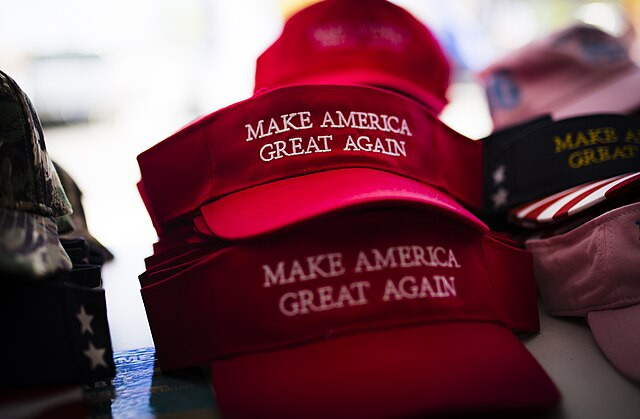A growing rift within the MAGA movement has emerged, exposing tensions between hardline immigration advocates and tech-oriented supporters, as President-elect Donald Trump's appointments and policy discussions ignite fierce debates. The controversy began when Trump named venture capitalist Sriram Krishnan as an adviser on artificial intelligence policy, leading to heated criticism over his past support for lifting green card caps.
The appointment spurred backlash among Trump loyalists, particularly from far-right activist Laura Loomer, who accused Krishnan of undermining Trump's "America First" agenda. "It's alarming to see the number of career leftists being appointed to Trump's administration," Loomer posted on X, formerly Twitter. Her remarks sparked an uproar, with some accusing her of xenophobia while others supported her stance.
Entrepreneur Vivek Ramaswamy added fuel to the fire by framing the debate as a cultural critique. In a post on X, Ramaswamy argued that a culture prioritizing "prom queens over math Olympiad champs" has contributed to the reliance on foreign-born engineers. "A key part of it comes down to the c-word: culture," he wrote, advocating for a "Sputnik moment" to reclaim American excellence.
Elon Musk, another prominent Trump ally, defended Ramaswamy's argument, emphasizing the need for highly skilled workers. "Think of this like a pro sports team: to win the championship, you need to recruit top talent wherever they may be," Musk wrote. He clarified his stance as supplementing, not replacing, the American workforce.
However, these comments drew ire from MAGA supporters who favor strict immigration controls. Nikki Haley, a former GOP presidential candidate and daughter of Indian immigrants, countered Ramaswamy's claims, saying, "There is nothing wrong with American workers or American culture. We should prioritize Americans, not foreign workers."
Loomer intensified the criticism, accusing Musk and other tech leaders of "buying influence in the White House" to shape immigration policies. "I voted for a reduction in H-1B visas, not an extension," she wrote, referencing the visa program used predominantly by Indian professionals.
The debate escalated as Ramaswamy highlighted cultural differences, attributing the success of immigrant engineers to stricter parenting models and a work ethic focused on excellence. He argued that fostering such values in America would reduce dependency on foreign talent. "Trump's election hopefully marks the beginning of a new golden era in America," Ramaswamy wrote.
Despite efforts by Musk and Ramaswamy to clarify their positions, the divide widened. Critics, including Loomer, accused them of betraying Trump's core base. "You're still not our president," Loomer wrote, adding that Trump "knows H-1B visas are bad for America."
The conflict highlights a central contradiction within the MAGA movement. Initially built on the support of the white working class, the movement now grapples with the influence of billionaire technologists and industrialists advocating for economic globalization.






